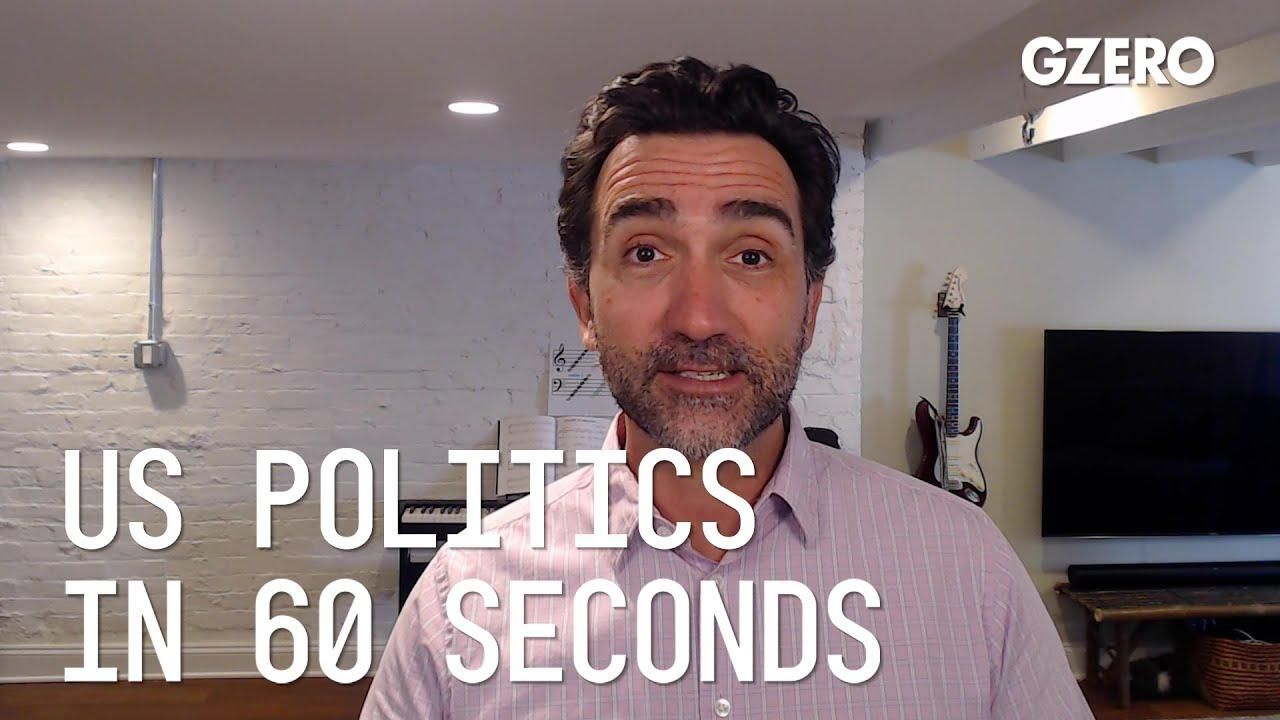
Jon Lieber, head of Eurasia Group's coverage of political and policy developments in Washington, shares his perspective on how the State of the Union address.
Today's topic is: Three takeaways from last night's State of the Union address.
My first takeaway is that Biden hasn't backed down at all from his aggressive and very progressive agenda, listing off a series of policies that excited Democrats, but are really non-starters with Republicans, from gun control to immigration reform. None of this is going to happen because Biden lacks the votes in the House and definitely in the Senate. And the parts that do happen are really up to the whims of one man, West Virginia Senator Joe Manchin who signaled today that he was willing to work with the White House on parts of Biden's agenda, including drug price reform, money for decarbonization, reforming the tax code, and deficit reduction. And it's really up to Democrats to decide if that would be enough for them.
The second takeaway is that Biden's guests, as always, tell a story. He featured in the First Lady's box, a steel worker, a diabetes advocate, a COVID nurse, a war widow, a Native American. The two that were most interesting to me, however, was one the CEO of Intel, the semiconductor company, and two, the whistleblower from Facebook. The Intel CEO was used to tell a story to advocate for the passage of a package of semiconductor subsidies which should get done later this year as part of anti-China competition bill that has bipartisan support.
The Facebook whistleblower is a woman who released a bunch of documents to Congress that talks about the harm of social media to kids and how the companies know that it's doing harm. And Biden used her as a platform to talk about support for more mental health funding and strengthening privacy protections for kids, something that could happen on a bipartisan basis if they find the right way to do it.
My final takeaway is that while Biden spent a lot of time rallying support for the financial war he's waging against Russia, he didn't spend a lot of time preparing Americans for the eventual cost of that war. The entire first part of his speech was a forceful call to arms to help Ukraine. And this financial war that Biden is waging is popular for now, but these actions are going to have a price for Americans in terms of higher energy costs and potentially future supply chain snarls. And Russia could escalate the war both against Ukraine and broader against the West.
Biden didn't talk much about these potential costs, how long Americans are going to have to bear any burden that comes, or what he's going to do to mitigate them. And while the war is popular for now as these costs go on and the costs grow, this is going to be a political pain point for him in the future.